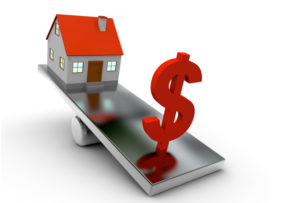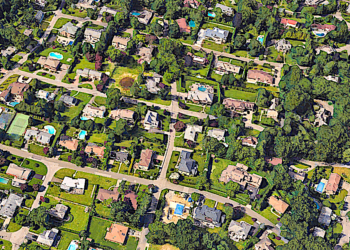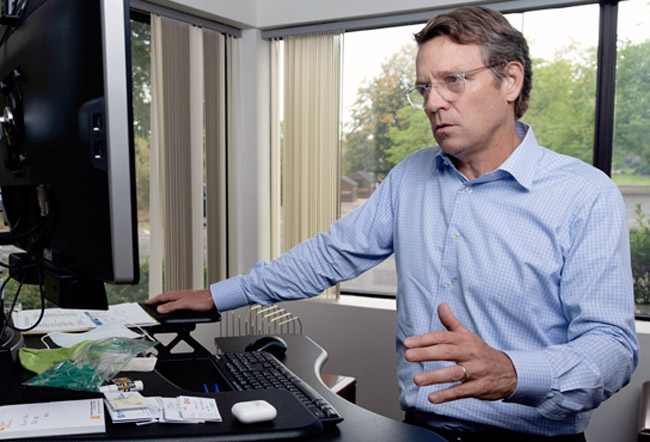Affordable housing remains out of reach for many Hudson Valley residents, according to an analysis of data by Hudson Valley Pattern for Progress”™ Center for Housing Solutions.
 An examination of the National Low Income Housing Coalition”™s recently released “Out of Reach” annual report shows that renters in all nine Hudson Valley counties in Pattern”™s footprint would have to work far more than a full-time job in order to afford the cost of a two-bedroom apartment.
An examination of the National Low Income Housing Coalition”™s recently released “Out of Reach” annual report shows that renters in all nine Hudson Valley counties in Pattern”™s footprint would have to work far more than a full-time job in order to afford the cost of a two-bedroom apartment.
In Rockland County, for example, the average hourly wage for renters is $12.14. At that wage, a worker could only afford a monthly rent payment of $631, yet the Fair Market Rent for a two-bedroom apartment in Rockland is $2,053. To close that $1,422 gap, a renter would have to work 130 hours a week to afford the apartment.
“The bottom line is that rents are simply unaffordable for the people we count on every day,” said Joe Czajka, Senior Vice President of Pattern and the Executive Director of the Center for Housing Solutions and Community Initiatives.
“The people we count on every day who are working in health care, like home health aides and personal care aides — as well as janitors, laborers, waitresses, retail clerks and people working in warehouses — are finding it nearly impossible to afford housing without going into debt or cutting back on other essentials,” he added.
The Center for Housing Solutions has been analyzing rental housing and wage data, and providing statistics and trends to help communities, developers, builders and nonprofit agencies plan and construct housing that is affordable in the Hudson Valley region.
Its analysis of the latest “Out of Reach” data shows that although there have been some increases in the renters”™ wage rates and some declines in the fair market rents, overall the monthly affordability gap for rental housing has not shown any significant decline.
Many luxury rental housing complexes under construction in the Hudson Valley include studios, and one- and two-bedroom apartments that rent from between $1,600 to $2,500 per month in the Mid-Hudson area and much higher in the lower Hudson Valley. However, there is an insufficient supply of workforce housing, especially in areas close to employment centers.
“The monthly rent gap is enormous, and with increases in health care costs, transportation, food, and other everyday expenses,” said Czajka. “There is little room for savings and not much disposable income, which impacts many sectors of the economy, especially the health of our Main Streets and downtowns.”
Czajka added that the pandemic “has only exacerbated these affordability issues as the housing inventory has essentially dried up.”
The Center for Housing Solutions believes it is critical that federal housing programs like the Low Income Housing Tax Credit, Community Development Block Grant (CDBG), and the Department of Housing and Urban Development”™s HOME program continue to be funded.
Those federal programs, combined with state housing resources and local incentives, are vital to developers of affordable housing, it said.



















keep raising taxes and the rents will go up.